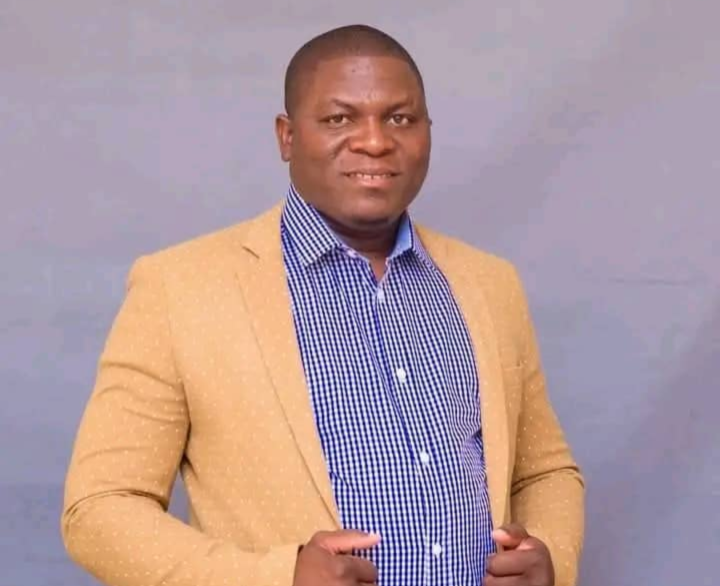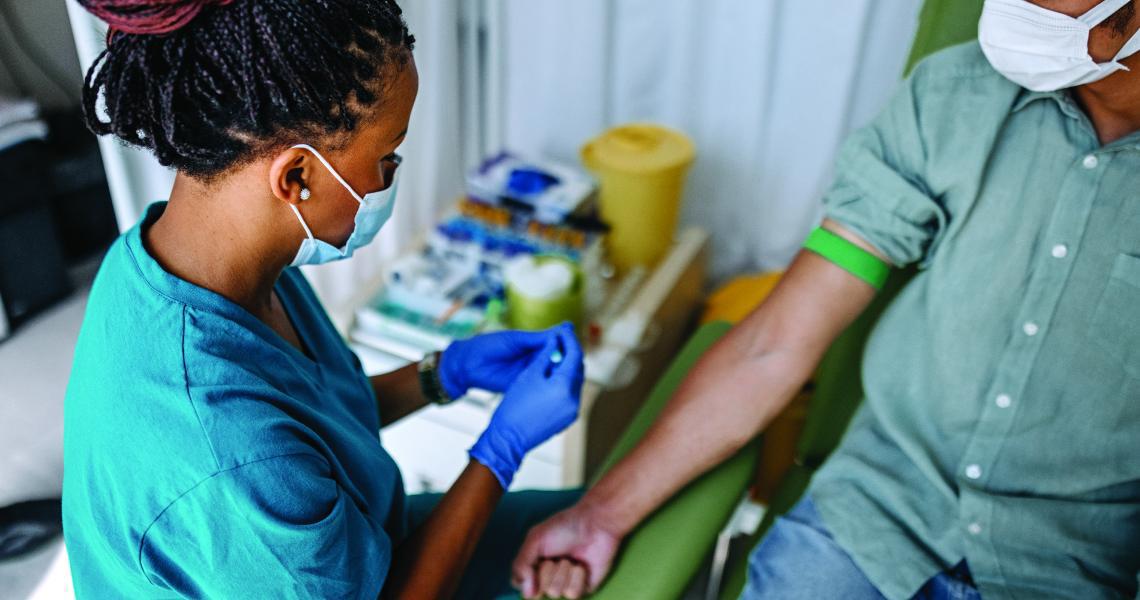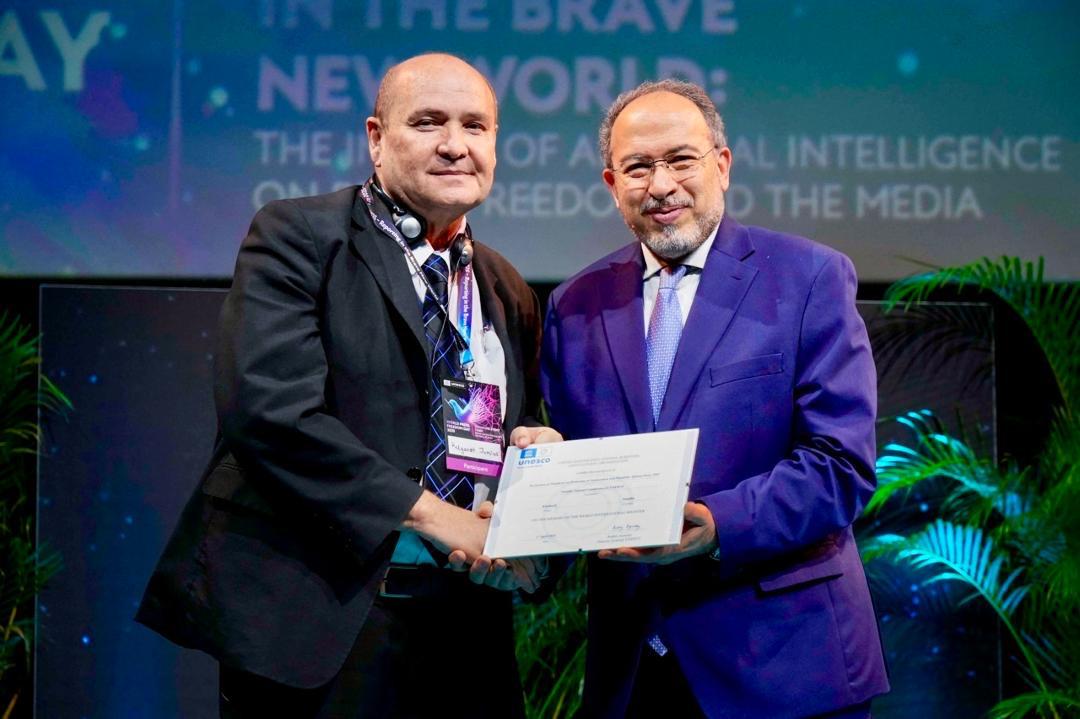ABOUT 30 San youth from Namibia, Botswana and South Africa yesterday ended a three-day workshop held to explore developments related to the San language.
The workshop was held at Penduka on the outskirts of Windhoek. The participants concluded that after many years of independence for the three countries, the San communities remained severely marginalised.”We are left behind,” said Naisa Magdeline N//ao from Botswana, a member of the media team in the group.The participants were all actively involved in pushing for the introduction of San languages in schools.They blame the high level of school drop-outs in the San community on the absence of the languages as subjects in school.”When the children commence Grade 1, they only know their mother tongues and therefore experience difficulty learning,” the media team said.They also expressed concern at the demise of tradition and culture in their communities.”Because our traditions and rituals are not properly conveyed, our culture is dying, the group said.They said that it was the responsibility of leaders, teachers and parents to uphold their traditions but that the older generation were so caught up in daily struggles that the promotion of their culture was left behind.”Our people are excluded from policy making, they have little input – there is a communication gap caused by the fact that people don’t understand each other,” the media group continued.A representative who lives in the Caprivi Region said that many San children were forced to adopt other languages and cultures when they started school, neglecting their own.”They then experience learning problems as well,” he said.The participants will compile recommendations to be presented to their respective governments, councillors and communities to ease the language barrier problems.They suggested the introduction of pre-school training in mother tongues for San children in an effort to prepare them for primary education.They also believe that more schools should be built in San areas to continue their cultural traditions.”During this workshop we have discovered that although the San live in different areas, we all have the same problems.We also know that language is key to empowerment facilitation,” said Billies Difanno Pamo of the Northern Cape.The workshop was organised by the Working Group of Indigenous Minorities in Southern Africa (Wimsa) and facilitated by Cultural Resources Management sociolinguist Nigel Crawhall from South Africa.Language groups represented were Khewdam, !Xun, Ju/’hoansi, Naro and Hai//om.Ju/’hoansi is recognised as a Namibian African language.The participants concluded that after many years of independence for the three countries, the San communities remained severely marginalised.”We are left behind,” said Naisa Magdeline N//ao from Botswana, a member of the media team in the group.The participants were all actively involved in pushing for the introduction of San languages in schools.They blame the high level of school drop-outs in the San community on the absence of the languages as subjects in school.”When the children commence Grade 1, they only know their mother tongues and therefore experience difficulty learning,” the media team said.They also expressed concern at the demise of tradition and culture in their communities.”Because our traditions and rituals are not properly conveyed, our culture is dying, the group said.They said that it was the responsibility of leaders, teachers and parents to uphold their traditions but that the older generation were so caught up in daily struggles that the promotion of their culture was left behind.”Our people are excluded from policy making, they have little input – there is a communication gap caused by the fact that people don’t understand each other,” the media group continued.A representative who lives in the Caprivi Region said that many San children were forced to adopt other languages and cultures when they started school, neglecting their own.”They then experience learning problems as well,” he said.The participants will compile recommendations to be presented to their respective governments, councillors and communities to ease the language barrier problems.They suggested the introduction of pre-school training in mother tongues for San children in an effort to prepare them for primary education.They also believe that more schools should be built in San areas to continue their cultural traditions.”During this workshop we have discovered that although the San live in different areas, we all have the same problems.We also know that language is key to empowerment facilitation,” said Billies Difanno Pamo of the Northern Cape.The workshop was organised by the Working Group of Indigenous Minorities in Southern Africa (Wimsa) and facilitated by Cultural Resources Management sociolinguist Nigel Crawhall from South Africa.Language groups represented were Khewdam, !Xun, Ju/’hoansi, Naro and Hai//om.Ju/’hoansi is recognised as a Namibian African language.
Stay informed with The Namibian – your source for credible journalism. Get in-depth reporting and opinions for
only N$85 a month. Invest in journalism, invest in democracy –
Subscribe Now!










